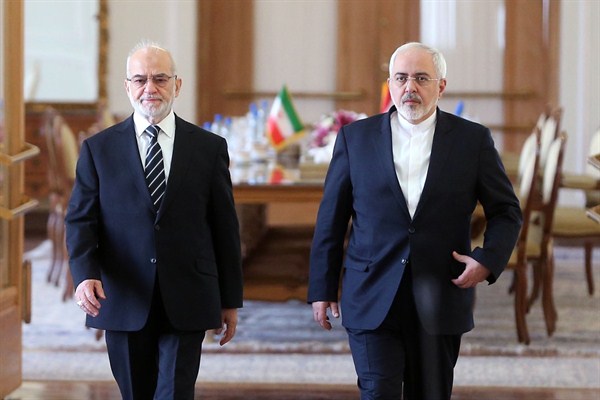As the Saudi-Iran crisis lumbers along, featuring new mutual recriminations and a Saudi campaign to line up Muslim support over the past week, two regional states have offered to mediate. Turkey and Iraq are well-positioned, in different but complementary ways, to engage both parties and try to defuse the situation. But their current leaders, no matter how well-intentioned, are unlikely to influence Saudi or Iranian behavior, unless Riyadh and Tehran decide they need to start looking for a way out of their standoff.
The crisis provoked by the Saudi execution of Shiite cleric Nimr al-Nimr on Jan. 2 has not abated. Attacks on Saudi diplomatic facilities in Iran following the execution led Riyadh to break relations with Tehran. Iran’s official position on the safety of diplomatic facilities has been conciliatory, with Tehran reporting to the U.N. that it regrets the incidents and will prosecute those responsible. Dozens of arrests have since been made.
But the mutual agitation continues. Last week, Iran accused Saudi Arabia of intentionally targeting its embassy in Yemen, where the Saudis bomb insurgents on a regular basis. Meanwhile, the Saudi foreign minister visited Pakistan as part of a campaign in the Muslim world to cajole key states into demonstrating solidarity with the kingdom.

